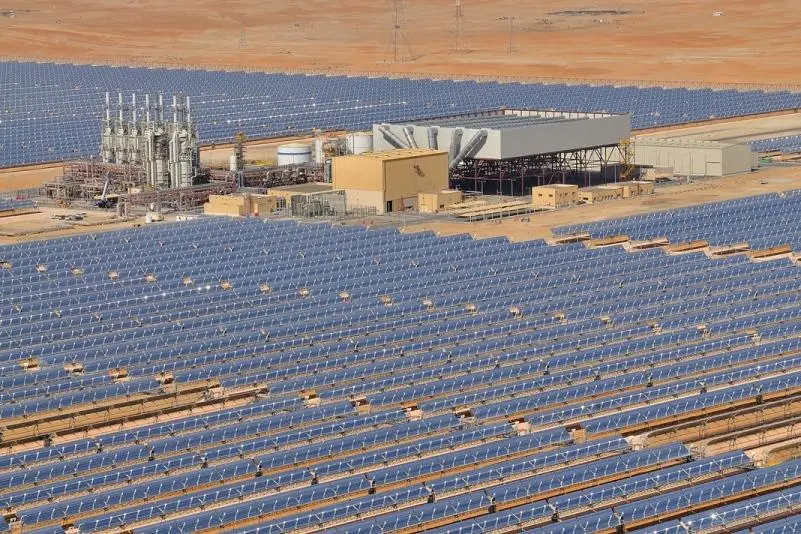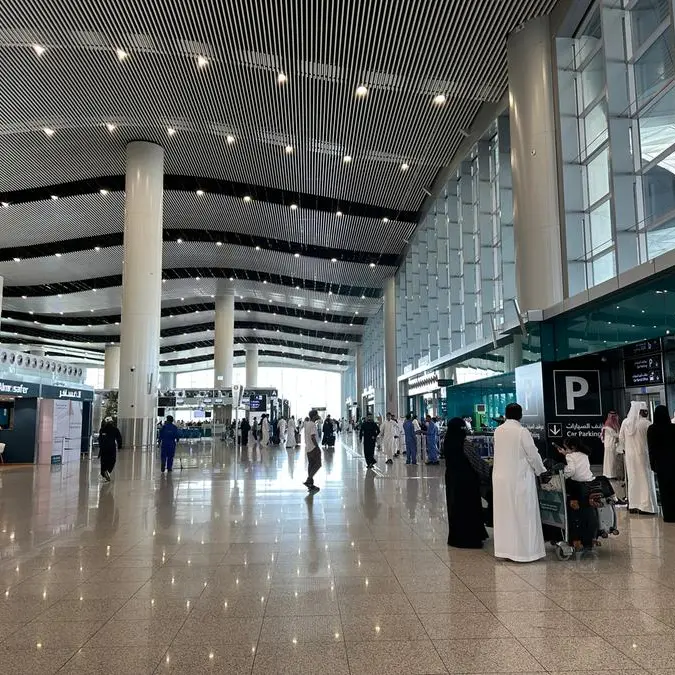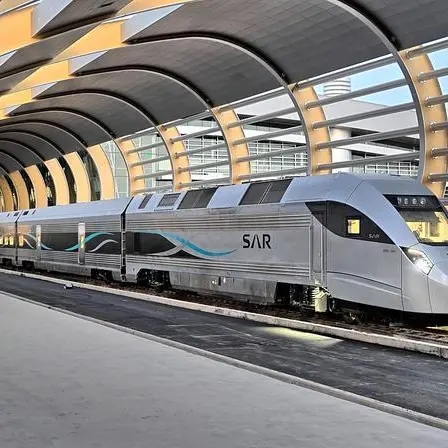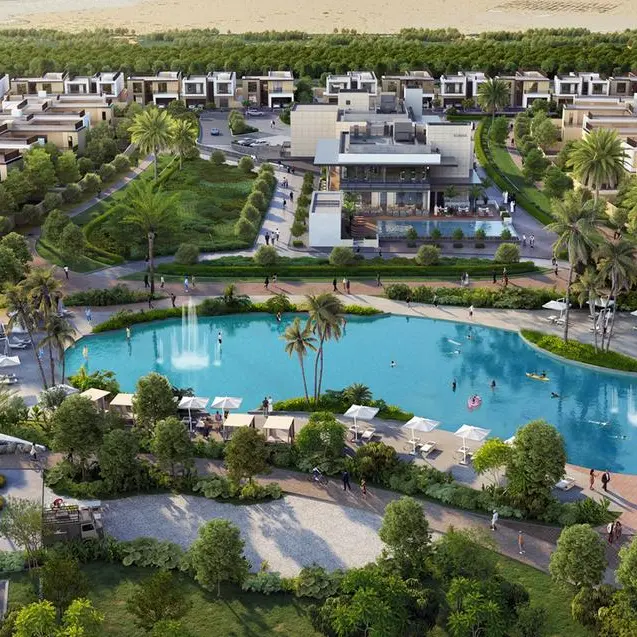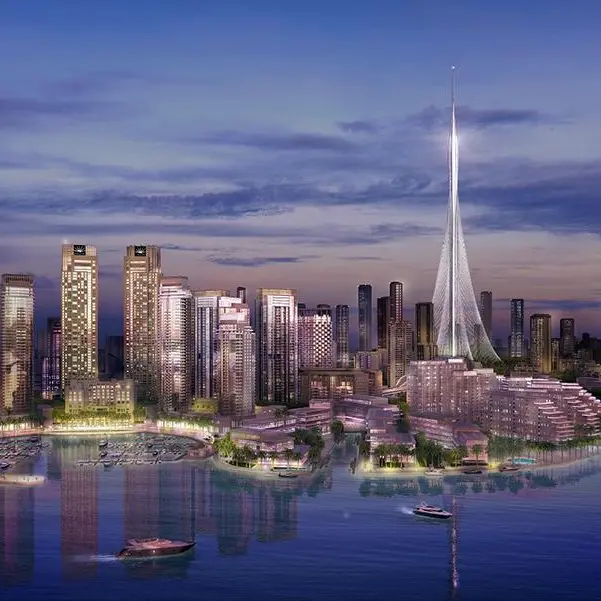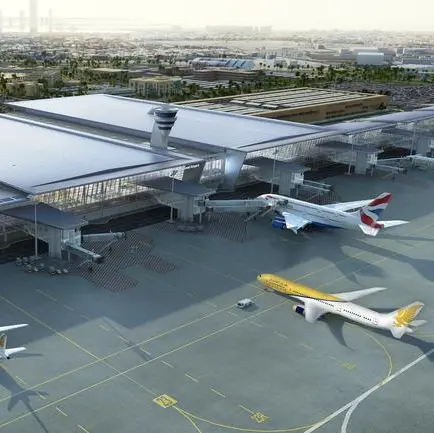PHOTO
Abu Dhabi's Department of Energy has joined hands with its local partners to launch the Demand-Side Management and Energy Rationalisation Strategy 2030, as part of its commitment to protect the rights of consumers, re-structure pricing and ensure transparency.
The emirate has nine water desalination plants that produce 960 million gallons of water daily, accounting for 60 per cent of the country’s daily production, according to statistics from the Department of Energy-Abu Dhabi.
Abu Dhabi’s energy sector is also witnessing an expansion in terms of electricity produced from solar energy, which is expected to increase by 1.5 gigawatts in 2025.
The Demand-Side Management and Energy Rationalisation Strategy 2030 strategy, which will be announced during the World Energy Conference 2019, includes several programmes that aim to promote energy-saving, energy efficiency and water rationalisation until 2030.
The Department aims to achieve the objectives of the UAE Energy Strategy 2050 to increase the use of clean energy in the country’s energy mix to 50 per cent, as well as decrease the carbon print by 70 per cent, and decrease energy consumption by 40 per cent.
Clean and renewable energy projects are prioritised by Abu Dhabi, which announced the commercial launch of Noor Abu Dhabi's 1.17-gigawatt solar power plant costing Dh3.2 billion, one of the largest independent solar plants in the world, stated the Department.
Abu Dhabi also launched the Shams 1 Solar Power Plant in 2006 with a production capacity of 100 megawatts, followed by the Masdar Plant with a capacity of 10 megawatts.
The UAE is currently completing the Barakah Nuclear Energy Plant (Barakah NEP) costing $20 billion, which will add around 5.6 gigawatts.
Comprising four APR1400 nuclear reactors, the construction on Barakah Unit 1 began in 2012 and was completed in 2018.
Meanwhile, construction is progressing on Units 2, 3, and 4 of Barakah NEP, which has an overall completion rate of more than 93 per cent, said the statement from the Department.
Abu Dhabi is one of the world’s largest producers of desalinated water, accounting for up to 9 per cent of total global production.
It is also keen to produce drinking water and it announced the launch of the Al Taweelah Reverse Osmosis Desalination Plant, which is planned to begin operating by the end of 2022, increasing Abu Dhabi's total desalinated water production via reverse osmosis from 13 per cent to 30 per cent.-TradeArabia News Service
Copyright 2019 Al Hilal Publishing and Marketing Group Provided by SyndiGate Media Inc. (Syndigate.info).
Disclaimer: The content of this article is syndicated or provided to this website from an external third party provider. We are not responsible for, and do not control, such external websites, entities, applications or media publishers. The body of the text is provided on an “as is” and “as available” basis and has not been edited in any way. Neither we nor our affiliates guarantee the accuracy of or endorse the views or opinions expressed in this article. Read our full disclaimer policy here.
